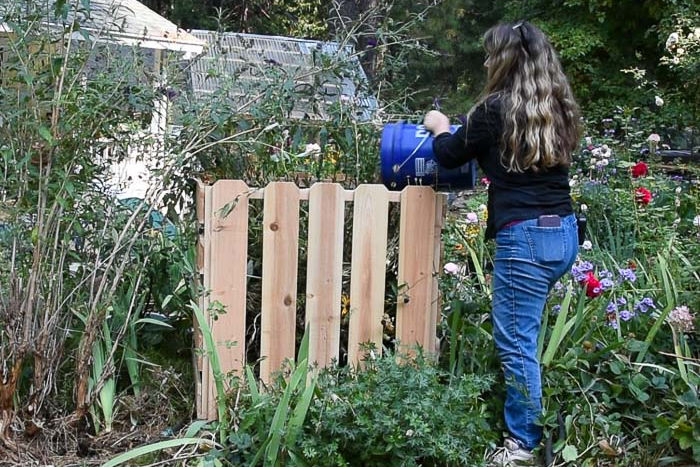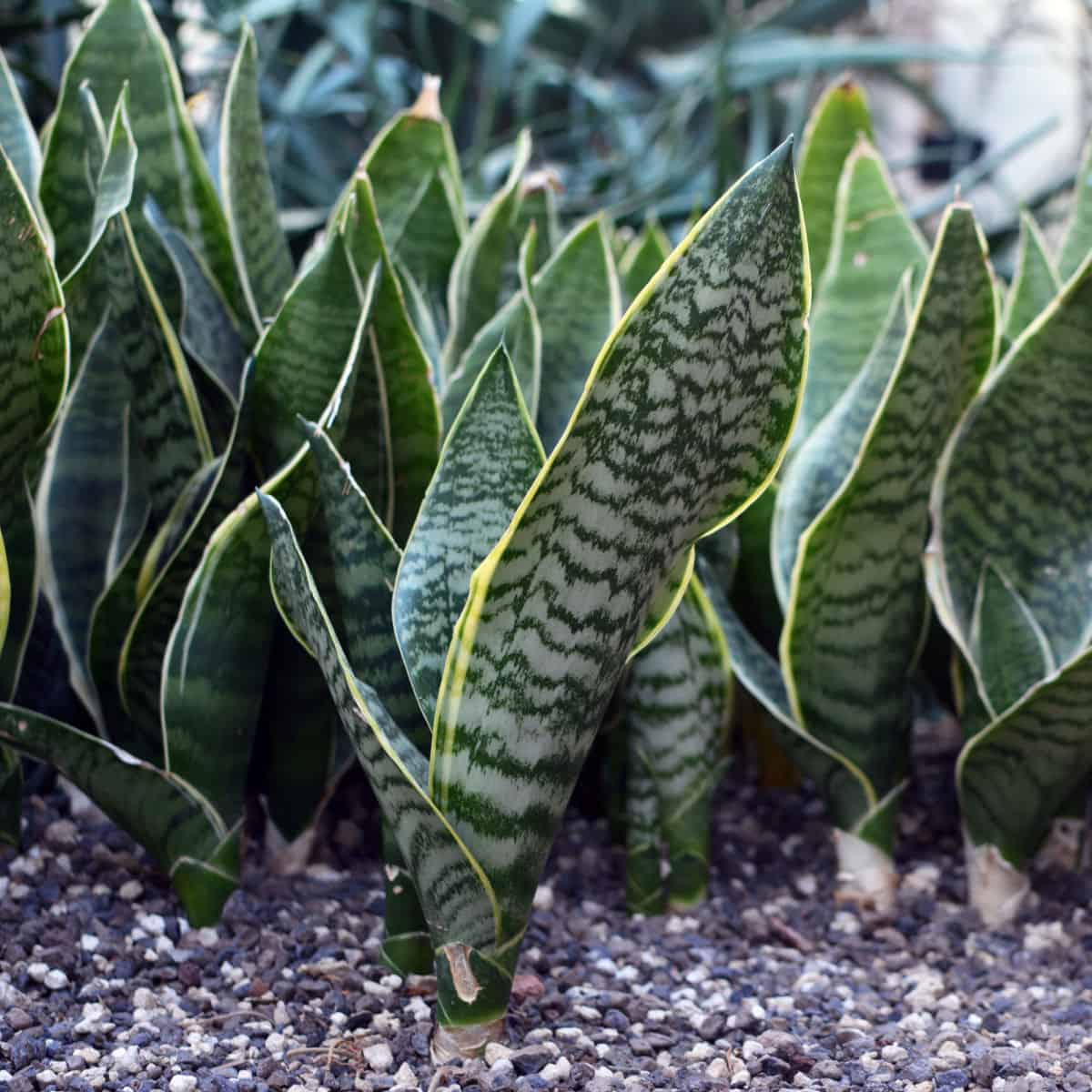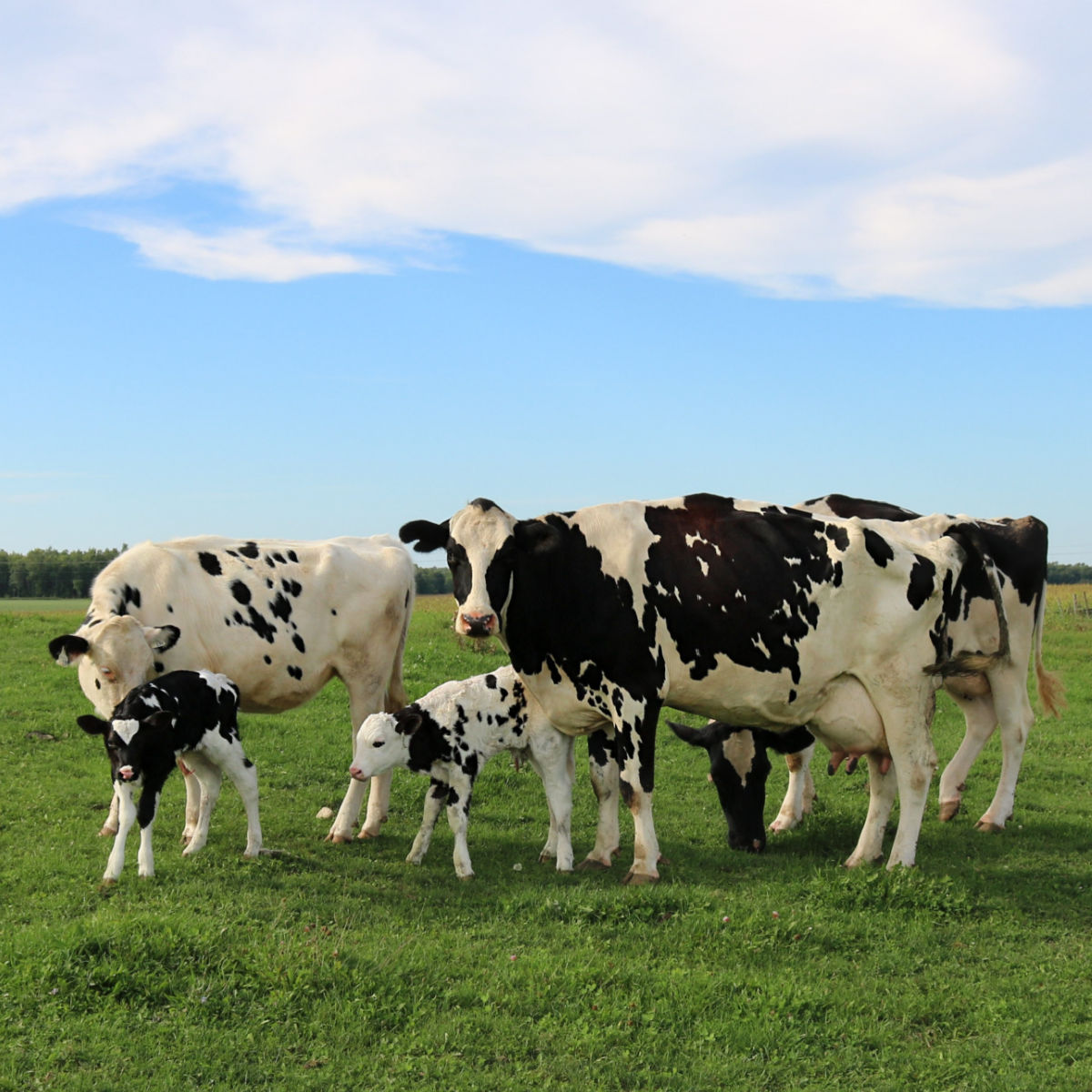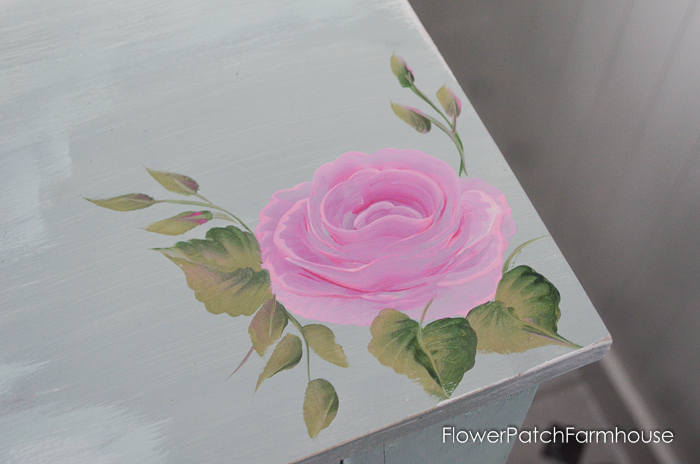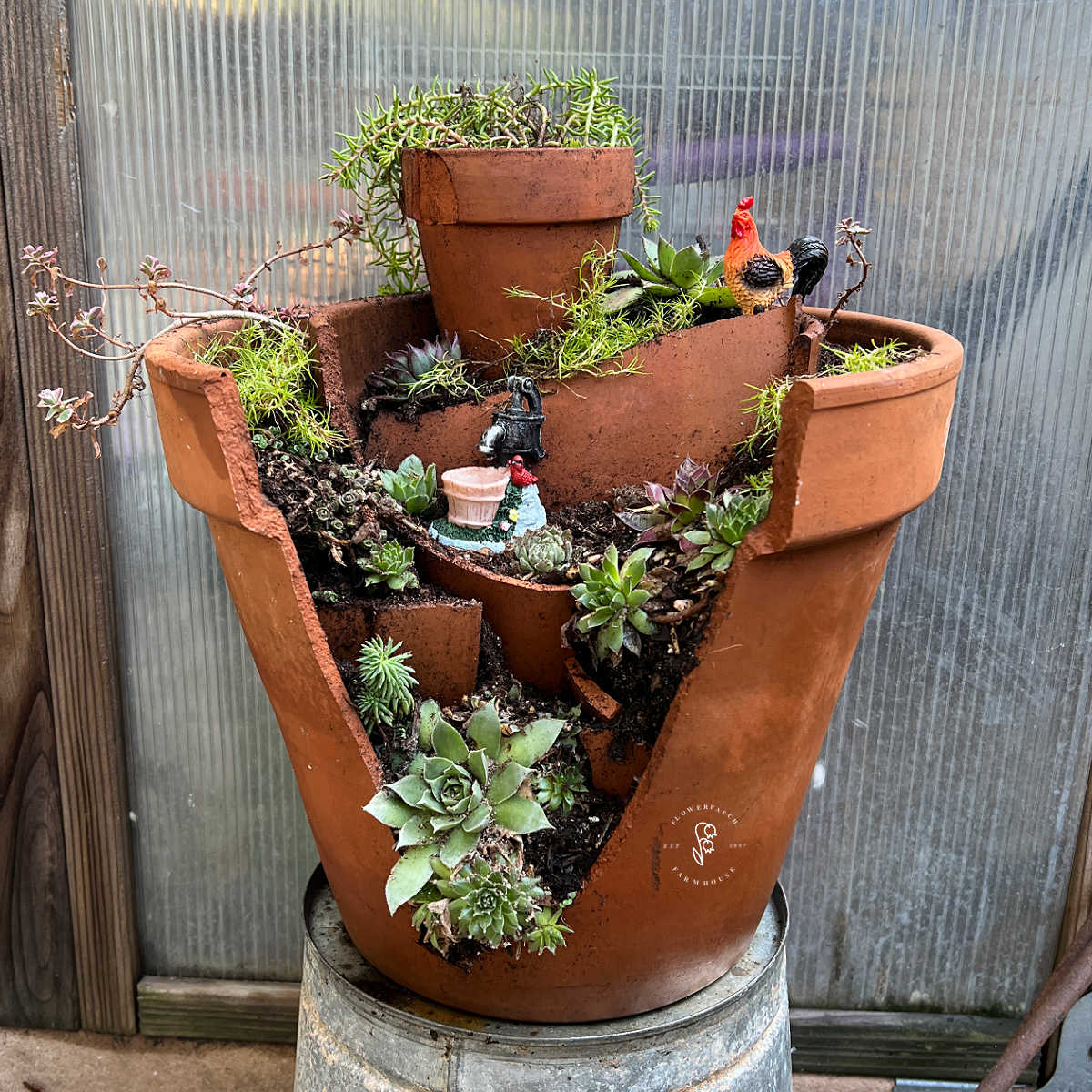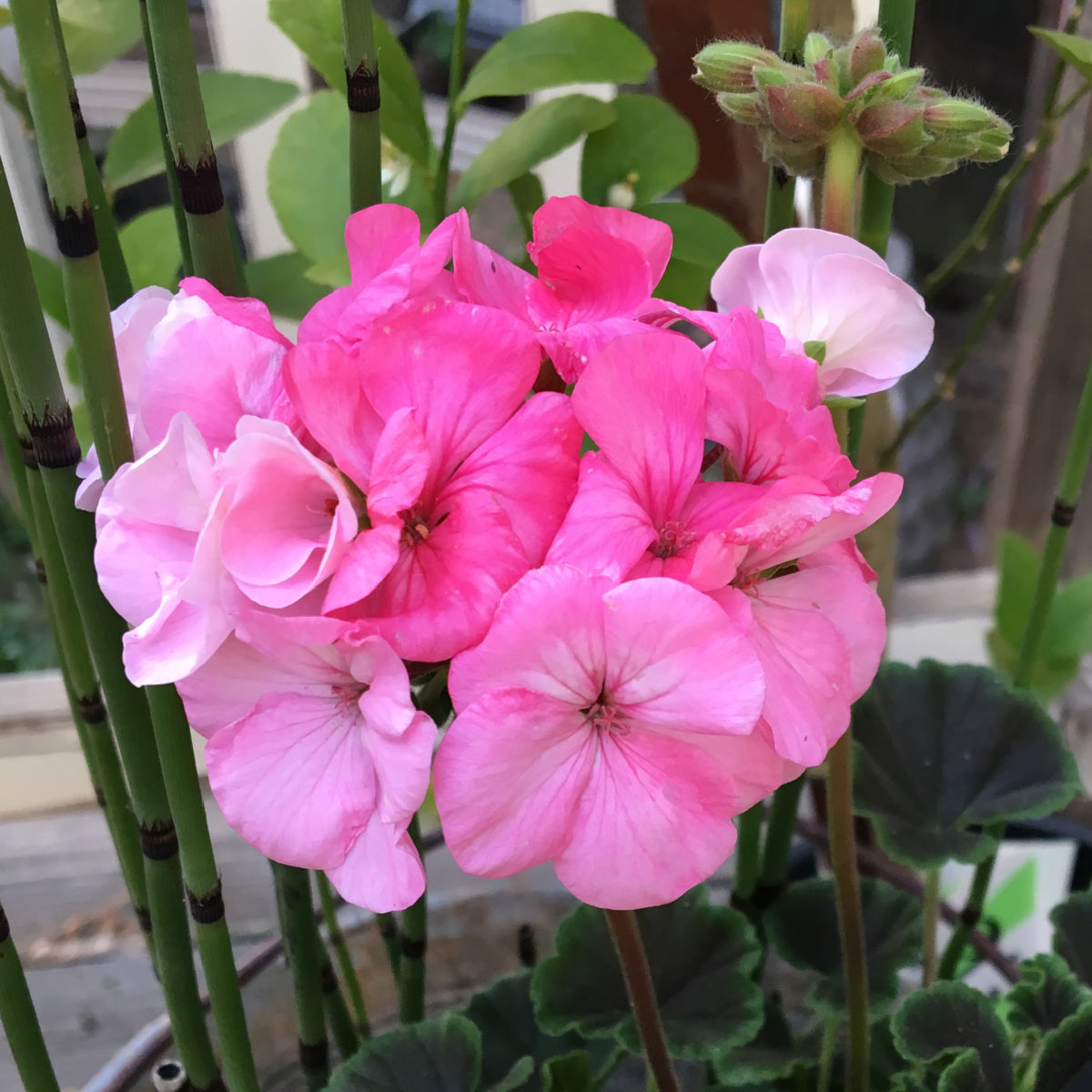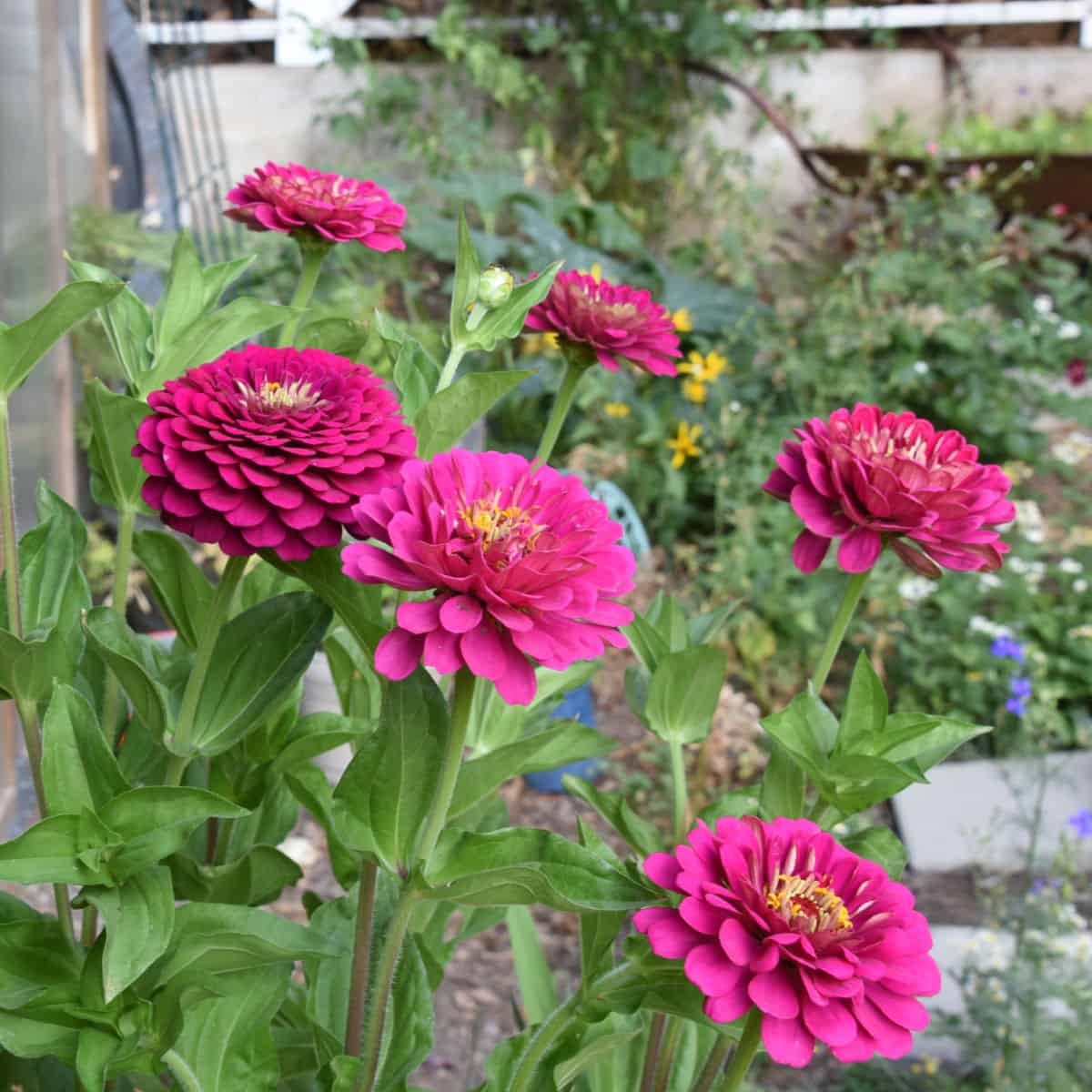Used Coffee Grounds in the Garden: Myths Debunked
Demystifying the use of used coffee grounds in the garden, this article explores the myths, benefits, and practical ways to enrich your garden sustainably.
With coffee shops around every corner, there is no shortage of used coffee grounds. But is using them in the garden a smart way to utilize this waste product?
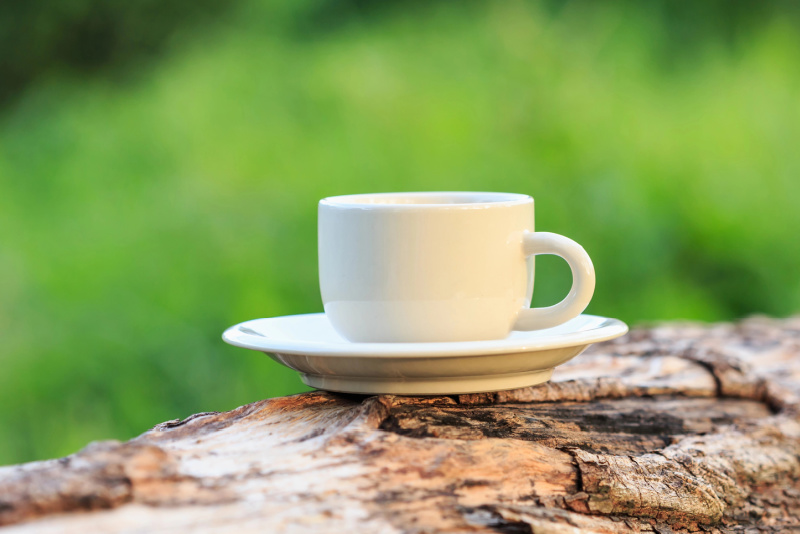
This post contains affiliate links. If you make a purchase after clicking a link I may make a small commission at no cost to you.
Can Used Coffee Grounds Revitalize Your Garden?
Using the spent grounds in the garden can offer several benefits, but using them correctly is essential to avoid potential drawbacks.
In this article, I state what is commonly said and then add either a rebuttal or clarification based on science and not hearsay.
Reputed Benefits of Using Coffee Grounds in the Garden
- Soil Acidifier
- Improves Soil Structure
- Good Source of Nitrogen
- Safe for all Plants
- Attracts Beneficial Organisms
- Repels Pests
- Good for Houseplants
NOTE: Composting used coffee grounds is considered the best way to utilize them in the garden!
Used Coffee Grounds and Acid Loving Plants
Fresh coffee beans and fresh coffee grounds are acidic, but used ones are neutral or near-neutral in pH so acid-loving plants do not get a boost.
So putting them under your hydrangeas will not change their color nor will it help blueberries. Sorry, that is one is a myth.
Though they are near-neutral ph, composting helps to ensure that any residual acidity is neutralized, making them even safer for a wider range of plants.
tried and tested garden tips
Build The Best Organic Soil!
Are Used Coffee Grounds Good for Soil?
Coffee grounds are an organic material that can enhance soil structure by feeding soil microbes.
These microbes release microbial glues that promote good soil structure which improves drainage and proper water retention but you must spread them very thinly.
But here is the caveat, you may tie up nitrogen in the process.
Here is why composting them first is better. As they decompose in the compost bin, they contribute to the formation of humus.
Humus is a vital component of healthy soil, improving its structure, enhancing nutrient availability, and boosting its water-holding capacity.
Composted coffee grounds can help create a soil environment that is beneficial for plant roots, fostering better growth and health.
And that leads us to…
Nitrogen Content
Spent grounds are a good source of nitrogen, a critical nutrient for plant growth. In compost, this nitrogen becomes part of the organic matter that enriches the soil.
Again, it’s important to note that while they are breaking down, they can temporarily tie up nitrogen in the soil. It is recommended to add fertilizer with the used grounds if you add them directly onto the soil.
But here is the question, if you must add fertilizer then what good is using the grounds directly?
More Garden Myths and Misinformation
Are Coffee Grounds Safe for All Plants?
Directly applying old grounds to the soil can potentially lead to caffeine toxicity for some plants and soil organisms.
The minimal caffeine residues in them can suppress germination and slow the growth of some plants.
Surprisingly, they can inhibit the germination and growth of some garden plants, like alfalfa, clovers, mustards, geraniums, and asparagus fern.
In contrast, composting the grounds first allows for the breakdown of caffeine and other compounds, reducing the risk of harm.
Now this may seem to contradict what was said earlier about most of the caffeine being gone but there could be enough to affect germination of sensitive plants.
easy DIY Compost Bin
Build it, fill it and have loads of compost to feed your garden for beautiful, rich soil that makes a garden glorious.
Attracting Beneficial Organisms:
Old coffee grounds are a great addition to a compost pile and can attract beneficial organisms like earthworms. These creatures play a crucial role in breaking down organic matter and aerating the soil, which can enhance plant growth and health.
FYI: When I used spent coffee grounds directly in the garden under pathways it also attracted worms.
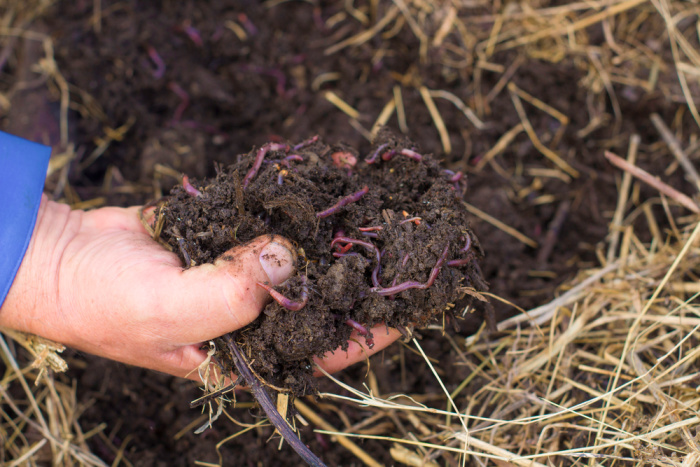
Does Spent Coffee Grounds Repel Slugs or Ants?
The short answer is no, there is not enough caffeine in them nor does the gritty textures deter slugs or snails. And ants just push it about of their way.
While caffeine has been shown to have toxic effects on certain insects and slugs in laboratory settings, the caffeine content in used coffee grounds is significantly lower than in fresh grounds and thus ineffective as a reliable pest repellant.
This myth came from the effects of using strongly brewed fresh coffee as a soil drench, that is when (in the lab) it worked to kill slugs and snails, since the caffeine content was quite high. It was not from used coffee grounds.
Gardeners looking to embrace sustainable practices will find leftover coffee grounds a resourceful addition to their compost bins rather than a silver bullet for pest control.
Stop Fertilizing – Build Your Soil Instead!
Coffee Grounds on Houseplants
The widespread belief that coffee grounds are a magic formula for houseplants overlooks critical nuances, notably that their direct application can lead to soil compaction and hinder water drainage.
Despite anecdotal claims of their benefits, there’s scant scientific evidence supporting the idea that they provide any significant nutritional advantage when applied fresh to indoor plant soil.
Plus the forming of mold and mildew on top of the soil is unpleasant.
Ultimately, while coffee grounds can be composted into a beneficial amendment for garden soils, their direct use in houseplant care is more myth than magic, potentially doing more harm than good.
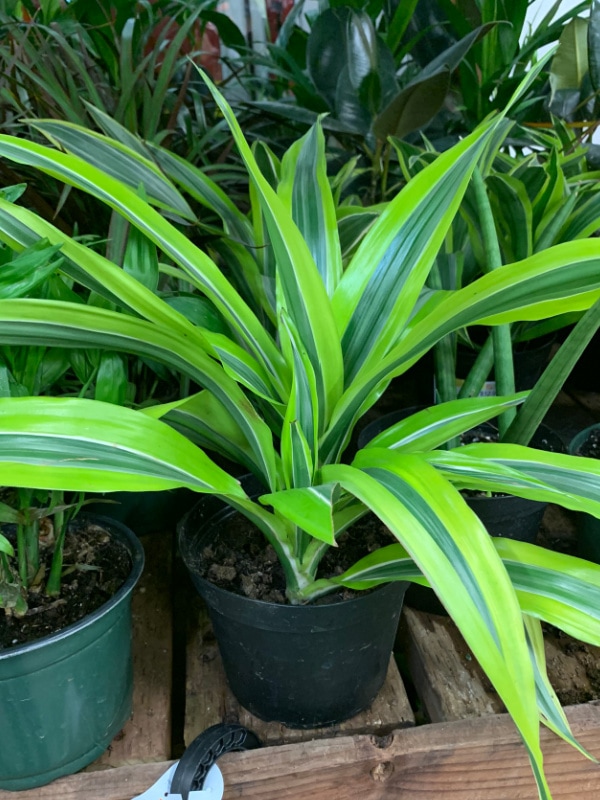
How to Use Coffee Grounds Correctly for Plants
Composting: Coffee grounds should make up no more than 20-25% of your compost pile. When using in a worm bin (vermicomposting), ensure that coffee grounds don’t exceed ⅛ of the food for worms.
Some claim you need to mix them in instead of leaving on top to avoid fruit flies. But it is a good thing to bury any food scraps as well for the same reason. Don’t forget, you can add the paper coffee filters to your pile.
Direct Application to Soil: When spreading coffee grounds directly over the soil, use a thin layer no more than ½ inch thick and cover them with another mulch, like wood chips or dry leaves, to prevent them from drying out and forming a crust that could impede water and air penetration. I use them in my pathways before covering them with bark mulch.
Avoid using them on indoor plants.
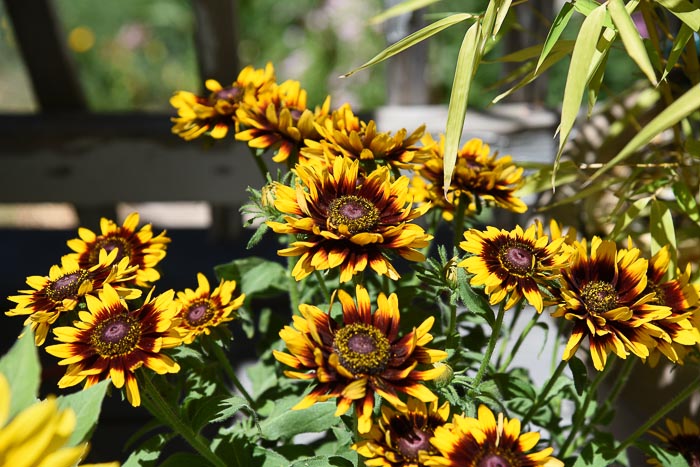
While repurposing grounds after enjoying your morning coffee is better than washing them down the kitchen sink or garbage disposal, proper use is very important.
The composting process ensures that the grounds are transformed into a valuable soil amendment that supports healthy plant growth without the potential hazards of using them directly on the soil.
Fun Fact: Spent coffee grounds make great dry rubs for meat!
Happy Gardening!
Sources: Oregon State University; Science Direct; Washington State University

